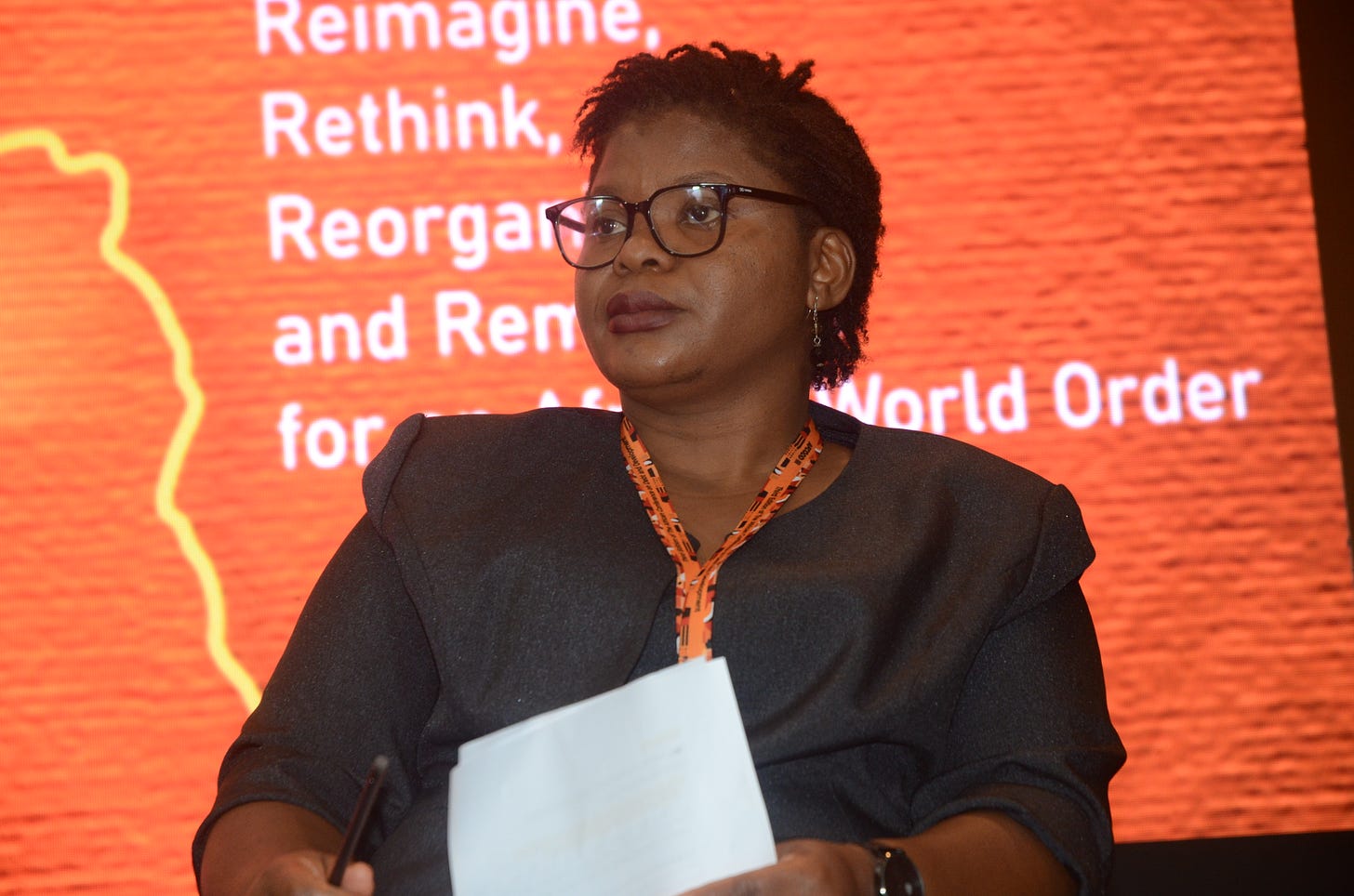African Governments Must Put People First in Debt Management, Say Civil Society Groups
The discussion was skillfully moderated by Jason Braganza, the Executive Director of the African Forum and Network on Debt and Development (AFRODAD).
Dakar, SENEGAL — African civil society groups discussed how the continent can pursue its political and economic interests in a multi-polar world during the last day of the 3rd Edition of the African Conference on Debt and Development in Dakar, Senegal, on September 1, 2023, writes Winston Mwale.
The session aimed to explore how Africa could pursue its political and economic interests in the face of a deepening crisis, global instability created by external forces, and a world order ill-suited to today's Africa.
The discussion was skillfully moderated by Jason Braganza, the Executive Director of the African Forum and Network on Debt and Development (AFRODAD).
Ms. Bertha Phiri, Executive Director of the Malawi Economic Justice Network, emphasized the dire situation in her country, where the debt crisis threatened economic stability and impeded essential investments in sectors such as health, education, and infrastructure.
She highlighted the importance of reducing reliance on donor support and called for a reshuffling of the debt contracting process to include more public participation.
Zimbabwean representative John Maketo from the Zimbabwe Coalition on Debt and Development (ZIMCODD) mentioned the positive strides in their country, where civil society groups had successfully taken the Ministry of Finance to court over transparency issues.
He also highlighted the Structural Dialogue Platform, a unique process aimed at achieving resolutions in Zimbabwe.
Ms. Diana Gichengo, Executive Director of The Institute for Social Accountability in Kenya shared insights from her country, where citizens were grappling with increasing taxes and government fees due to high debt levels.
She stressed the need for early education on public debt issues and clear communication with the public to facilitate understanding.
Mr. Isaac Mwaipopo, Executive Director of the Centre for Trade Policy and Development in Zambia's experience with the G20 Common Framework for Debt Treatment.
While some debt restructuring progress had been made, challenges remained, particularly in dealing with private creditors and issues of debt-carrying capacity.
He also mentioned the impacts of economic reforms and the burden on domestic resource mobilisation.
Mr. Martin Tsounkeu, General Coordinator of the Africa Development Interchange Network in Cameroon echoed the sentiment that public debt management must consider the welfare of citizens.
He emphasized the need for collaboration between civil society and parliamentarians to influence government policies.
Martin also stressed that public health and domestic resource mobilisation should remain top priorities.
Overall, the conference participants highlighted the importance of involving citizens in debt management decisions, transparent communication, and the need to explore alternative solutions beyond external borrowing.
The discussions emphasised the critical role that civil society and parliamentarians can play in holding governments accountable for responsible debt management and ensuring that the burden is not disproportionately placed on the people.
The discussions at the conference highlighted the urgency of finding sustainable solutions to ensure Africa's economic autonomy and long-term development.
The conference provided valuable insights into the complex issue of debt in Africa and set the stage for continued collaboration and advocacy to address these challenges.




